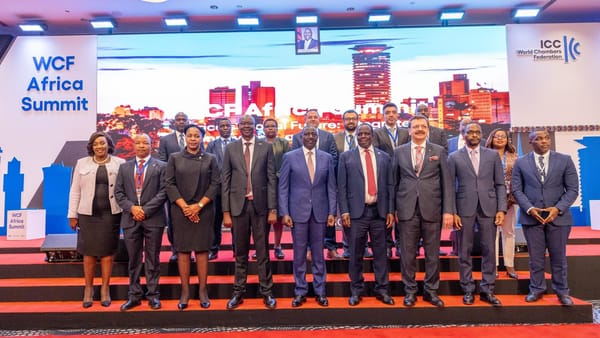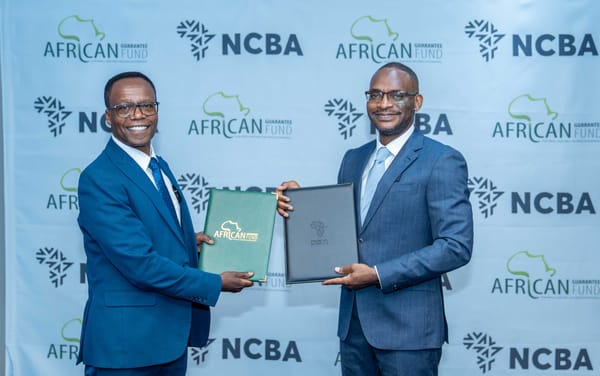AFAWA Finance Series enhances gender focus of Ghana’s digital financial services policy
The AFAWA Finance Series is equipping banks with the tools to de-risk lending and expand financial inclusion for women entrepreneurs.
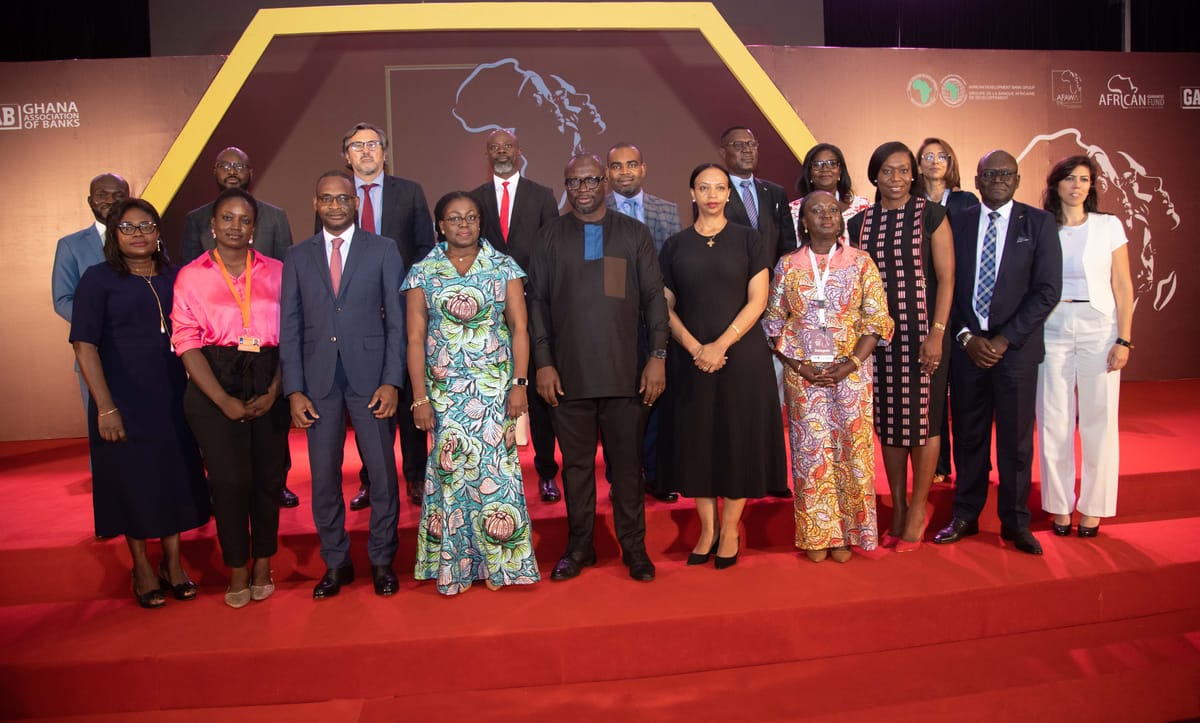
In Ghana, women own nearly 44% of businesses, yet they continue to face limited access to financing, restrictive loan terms, and a financial system that often overlooks their potential. This financing gap is not just a gender issue—it is an economic issue.
In response, the AFAWA Finance Series kicked off in Accra to chart a new course. Hosted by the African Development Bank (AfDB), the African Guarantee Fund (AGF), and the Ghana Association of Banks, the event was more than just another workshop—it was a call to action.
A Shifting Mindset in Ghana’s Banking Sector
For decades, Ghanaian banks have operated under a risk-averse approach when it comes to lending to women-led businesses. Yet data tells a different story—women entrepreneurs have higher loan repayment rates and reinvest up to 90% of their income into their families and communities. If banks want sustainable growth, investing in women is no longer just the “right” thing to do—it’s the smart thing to do.
At the heart of the discussions was AFAWA’s Guarantee for Growth (G4G) program, designed to de-risk lending to women entrepreneurs. Financial institutions learned how to design products tailored for women-led SMEs, moving beyond one-size-fits-all solutions. The event also introduced the AFAWA Digital Financial Services Policy, which aims to bridge the gender gap in digital finance—a crucial step in a rapidly evolving financial landscape.
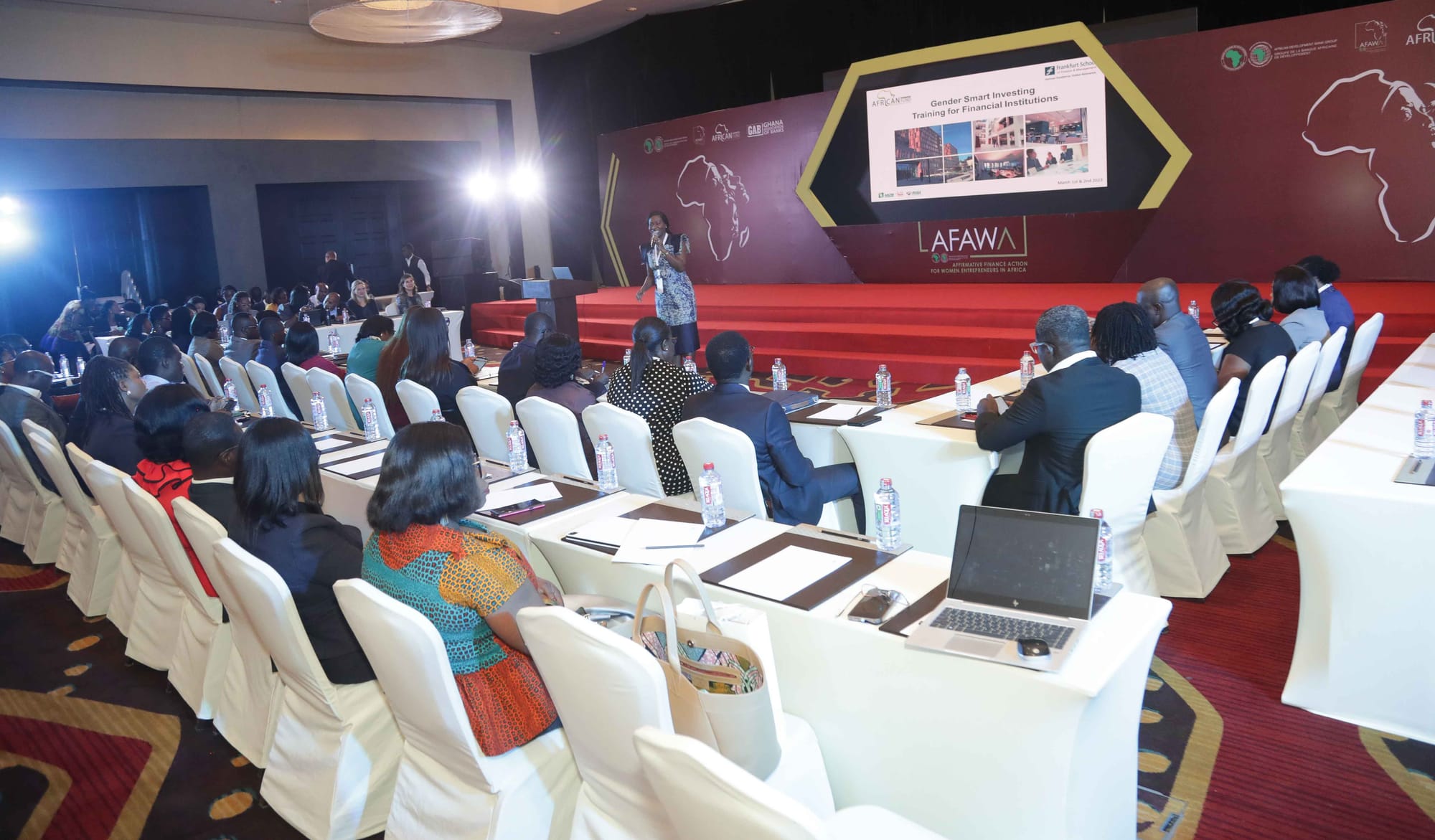
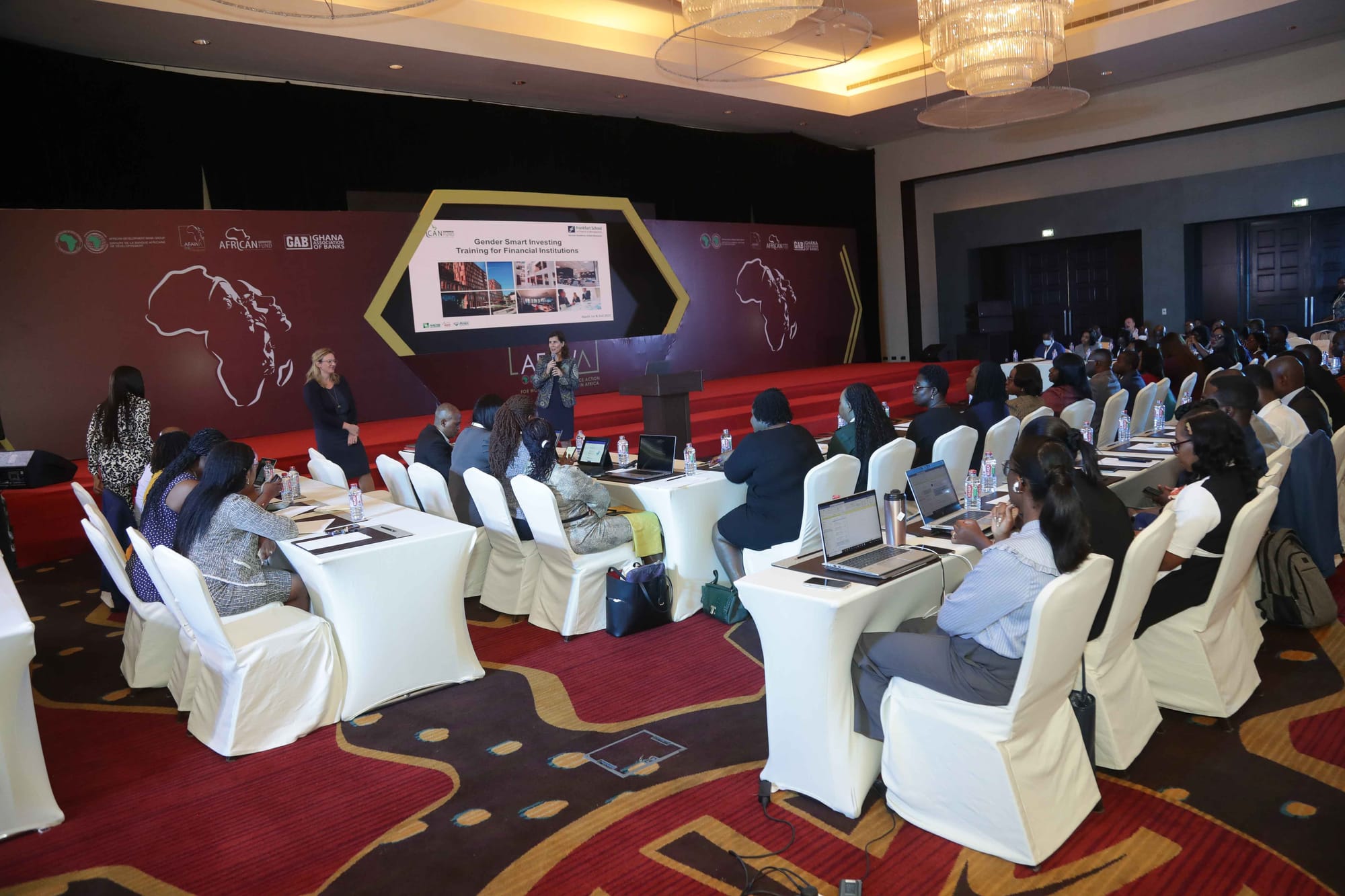
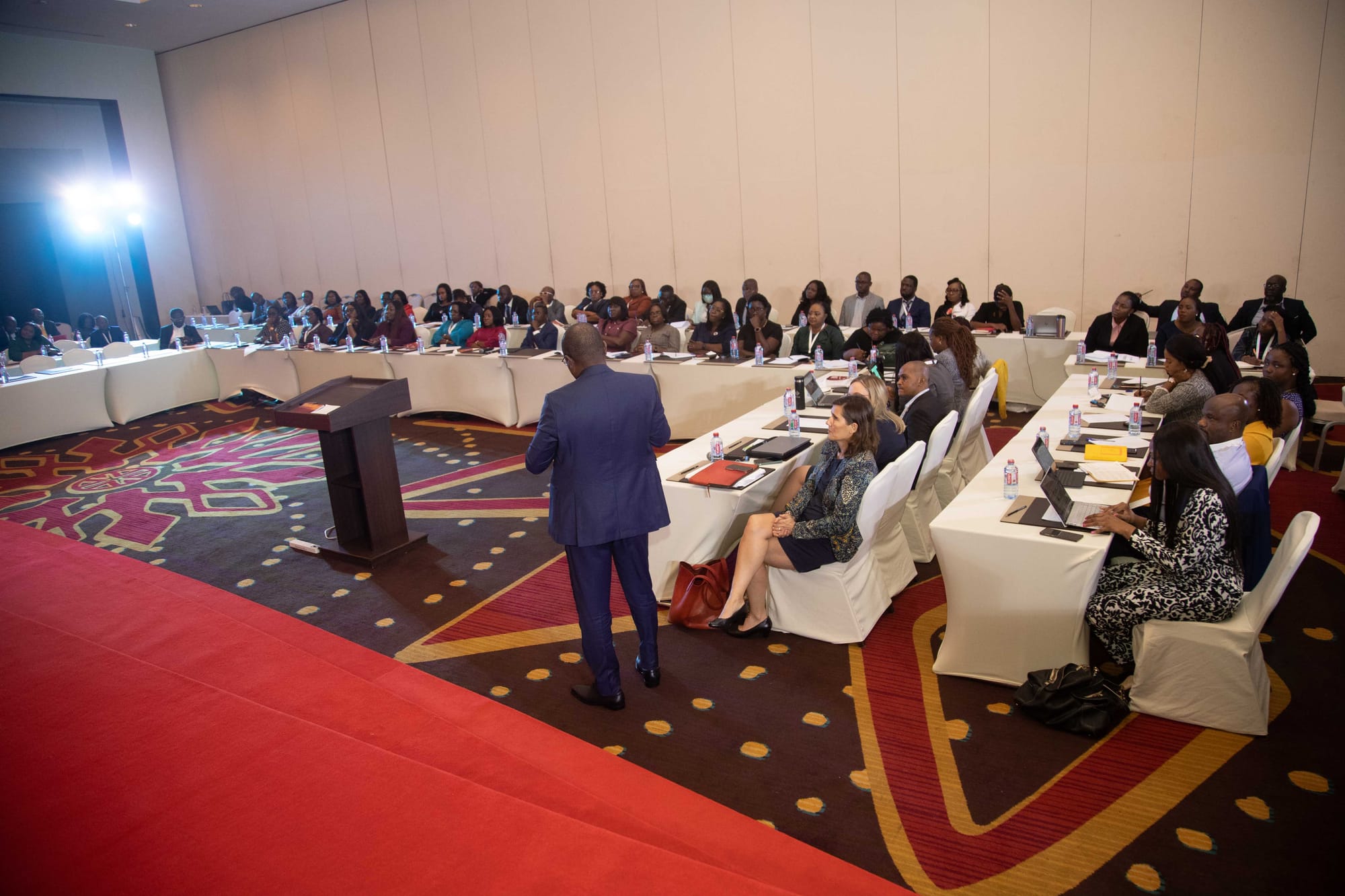
From Words to Action: Ghana’s Commitment to Women’s Finance
The event was not just about talk. It marked a pivotal moment for Ghana’s banking sector to step up. With Ghana becoming the latest country to host the AFAWA Finance Series, following Tanzania and the DRC, the momentum is building.
Women entrepreneurs in Ghana are no longer waiting for opportunities to come to them. They are building, innovating, and driving economic growth. Now, the financial sector must decide—will it keep playing catch-up, or will it lead the charge in shaping Ghana’s future?
Follow the discussions:

